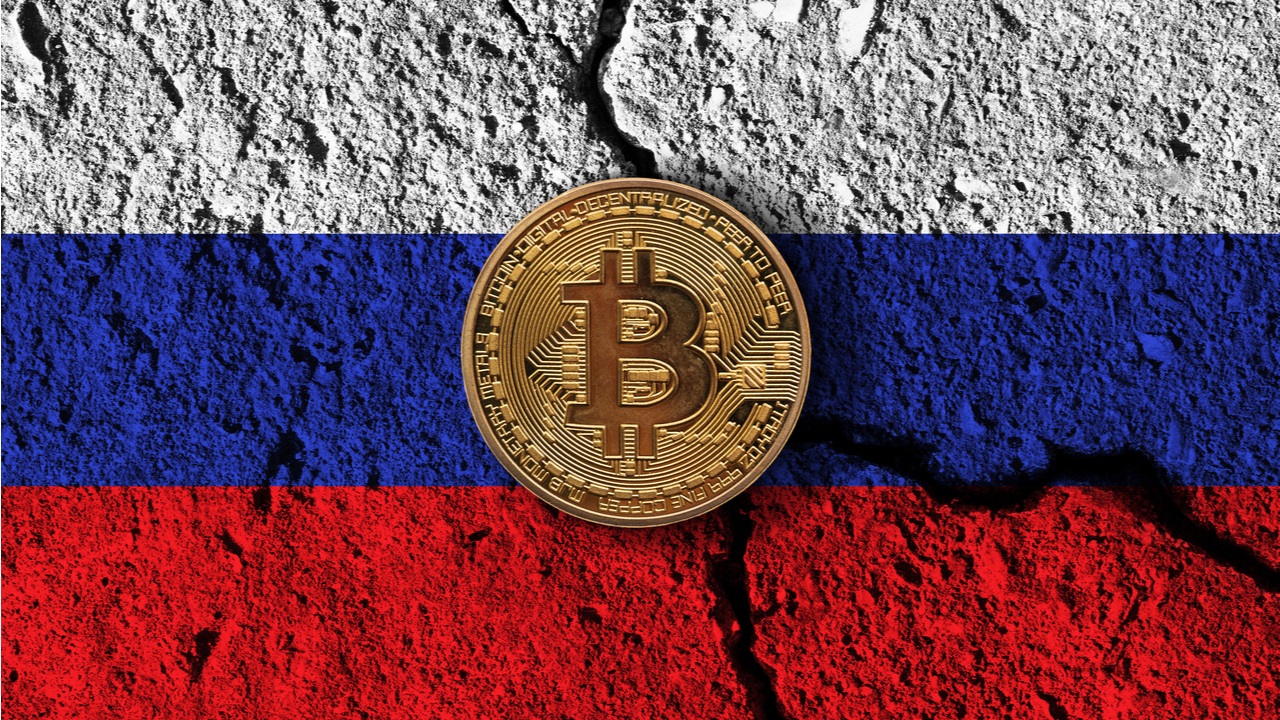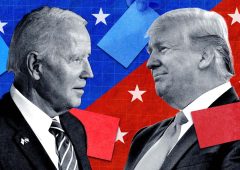BRICS: Russia Issues Crypto Mining Warning
18.07.2024 8:00 1 min. read Alexander Stefanov
BRICS and Russia in particular has raised concerns about the impact of cryptocurrency mining on power infrastructure, emphasizing the need for stricter regulations.
Russian President Vladimir Putin warned that unregulated crypto mining could lead to power shortages and blackouts. He stressed that the surge in electricity consumption from mining activities is putting a strain on Russia’s power grids.
Putin noted that crypto mining currently consumes about 16 billion kilowatt-hours per year in Russia, accounting for roughly 1.5% of the nation’s total electricity usage. This consumption is expected to increase without regulatory measures.
Despite Russia’s strict cryptocurrency laws, which permit digital assets but ban their use for payments, mining remains widespread due to low electricity costs and accessible equipment. Russia ranks second globally in crypto mining, following the United States.
Authorities are concerned that mining operations could disrupt power supplies to new businesses and residential areas, potentially stalling investment and infrastructure projects. Putin has called for tax and tariff regulations on miners and urged the creation of a federal law to address these challenges.
BRICS is exploring the integration of cryptocurrencies and digital assets into their financial systems, viewing them as potential tools for developing a new currency to reduce dependence on the US Dollar. However, they also aim to regulate the use and mining of crypto to prevent the power disruptions that Russia foresees.
-
1
SoFi Returns to Crypto with Trading, Staking, and Blockchain Transfers
27.06.2025 8:00 1 min. read -
2
GENIUS Act Could Reshape Legal Battle over TerraUSD and LUNA Tokens
30.06.2025 9:00 1 min. read -
3
Whales Buy the Dip as Retail Panics: This Week in Crypto
29.06.2025 14:00 3 min. read -
4
History Shows War Panic Selling Hurts Crypto Traders
28.06.2025 18:30 3 min. read -
5
How to Earn Yield Holding USDC: A 2025 Guide
15.07.2025 18:10 2 min. read
Kraken Launches U.S. Crypto Derivatives Platform, Eyes Broader Market Expansion
Kraken has officially launched its U.S.-regulated crypto derivatives platform, marking a major step toward merging traditional finance tools with digital asset markets.
How to Earn Yield Holding USDC: A 2025 Guide
If you’re holding USDC and want to maximize your yield, Deribit now offers rewards for eligible users who store USDC on its platform.
Kazakhstan May Invest Gold Reserves in Crypto Sector
Kazakhstan is considering allocating a portion of its gold and foreign currency reserves, along with National Fund assets, into crypto-related investments.
Grayscale Confidentially Files for New SEC-registered Offering Amid Growing Crypto Market demand
Grayscale Investments announced today that it has confidentially submitted a draft registration statement on Form S-1 to the U.S.
-
1
SoFi Returns to Crypto with Trading, Staking, and Blockchain Transfers
27.06.2025 8:00 1 min. read -
2
GENIUS Act Could Reshape Legal Battle over TerraUSD and LUNA Tokens
30.06.2025 9:00 1 min. read -
3
Whales Buy the Dip as Retail Panics: This Week in Crypto
29.06.2025 14:00 3 min. read -
4
History Shows War Panic Selling Hurts Crypto Traders
28.06.2025 18:30 3 min. read -
5
How to Earn Yield Holding USDC: A 2025 Guide
15.07.2025 18:10 2 min. read


